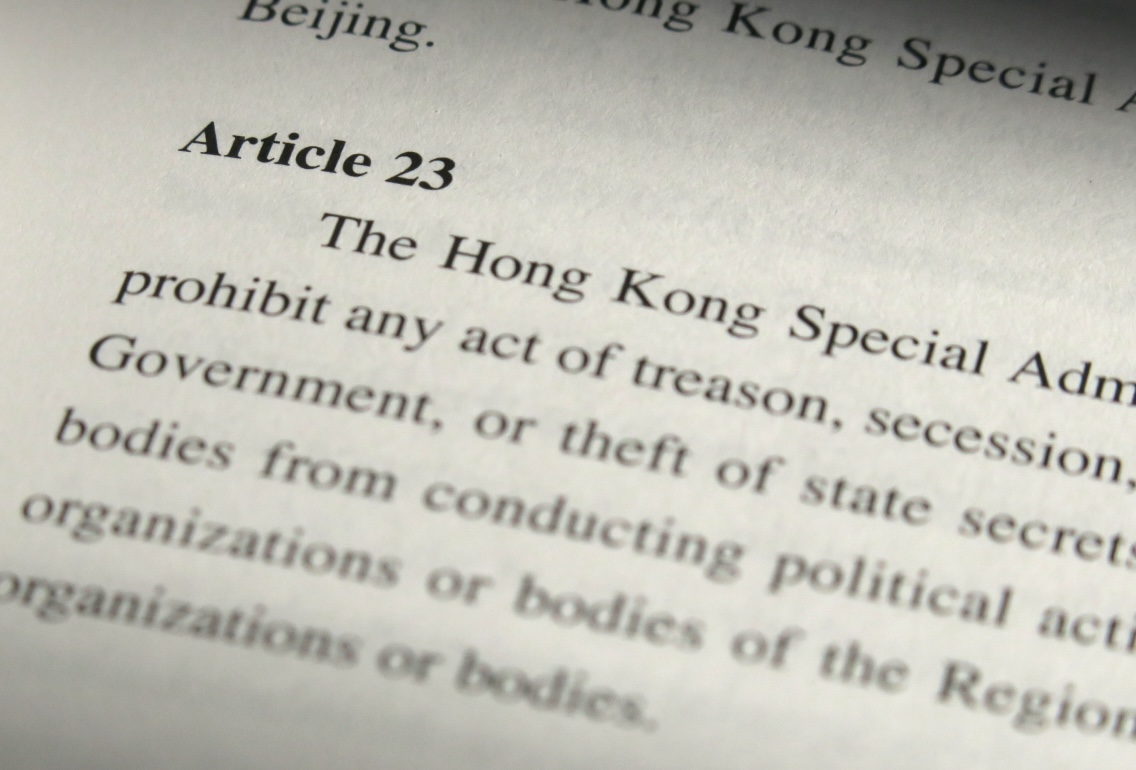10 Things You Need to Know about the 2021 #LegislativeCouncil #Elections in #HongKong
1/ Candidates are Chosen by the Authorities: All candidates were approved by the state-led Candidate Eligibility Review Committee on the basis of reports by national security police…
1/ Candidates are Chosen by the Authorities: All candidates were approved by the state-led Candidate Eligibility Review Committee on the basis of reports by national security police…

2/ Dozens of former election candidates are captured in pre-trial detention: Let’s not forget that this election should have been held last year, after the citywide pro-democracy’s primary election with more than 610,000 citizens casting ballots…
(Cont’) The government then postponed the election, and arrested 55 of the participants in that primary election, which was perceived as a subversive act by Beijing. Among the arrestees, 47 of them are charged with subversion, and only 14 of the defendants were granted bail…
3/ Turnout Rate Critical to the Government: A high turnout rate would be interpreted by the government as a successful election.Alternatively, although the result can be open for multiple interpretations, a low turnout rate is capable of being read as a disapproval of the system.
4/Free Expression in Campaign Period Severely Diminished:Under the new election laws, anyone who publicly calls for boycotting or casting blank ballots will be charged with incitement. 10 citizens have been arrested for such incitement offence, and 2 of them are formally charged.
5/Public Opinion Survey and Election Observation are Intimidated: they are accused by pro-Beijing media of promoting casting blanks votes by including that specific question in their survey questionnaire. The Chief of anticorruption also stated that they are investigating so.
6/Election Affairs Commission tightens Free Speech by Restricting Exit Polls: In the new election guidelines, the EAC stresses that exit polls on the voting would not be approved if the ‘proposed exit poll may cause embarrassment to the EAC given its role’…
(Cont’) Exit polls would also be disapproved if they ‘compromise public perception of the credibility of the election’. Is this a way to silent any dissenting voices against the electoral management and the electoral system, which are supposed to be accountable to the public?
7/Polling Stations at the Mainland Border Checkpoints without Checks: concerns of fair election and due diligence in electoral management are raised as the local law enforcement agencies cannot monitor any manipulations of voters’ choices in the mainland territory.
8/Self-claimed Non-establishment Candidates are Blessed by Beijing’s Messenger: Lu Wen Duan (盧文端), the head of an ‘united front’ organisation in Hong Kong, urged for giving rooms for those non-establishment candidates to win the elections, otherwise…
(Cont’) Lu said a full victory of pro-establishment camp would give bullets for ‘anti-Chinese forces’ to smear the new election, and thus a total victory becomes a loss. Ironically, ‘non-establishment’ candidates are blessed by the establishment.
9/Formal Election Observation Impossible: Hong Kong’s election law does not give official recognition to election observers and watchdogs. With the new national security law, overseas delegation of election observation could be read as committing the offence of foreign collusion.
10/Oath-taking Remains Weaponised: Let’s not forget that an amended oath-taking law is now in effect as well. Lawmakers, even if they would convert themselves to be the opposition, could be disqualified during their office if they commit acts in the‘checklist’ under the law.
Hope my tweets help people who wants to understand what’s going on regarding the new political selection event in Hong Kong on the coming Sunday.
The picture in my first tweet of this thread is the Chamber inside the Legislative Council Complex. Recently, the emblem of #HKSAR is replaced by the #PRC’s national emblem, possibly for oath-taking purpose. The picture does symbolise the nature of the #HK legislature today.(End)
• • •
Missing some Tweet in this thread? You can try to
force a refresh









